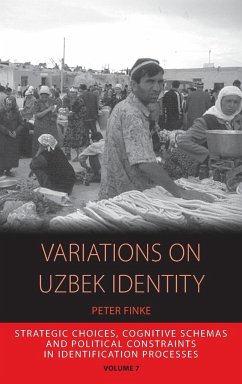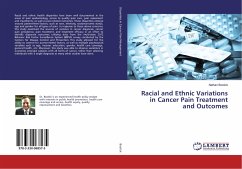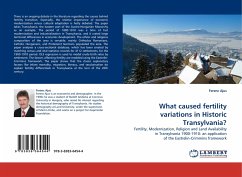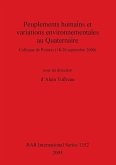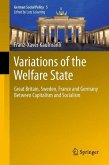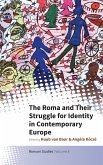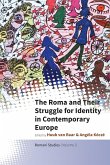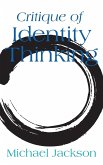Throughout its history the concept of "Uzbekness," or more generally of a Turkic-speaking sedentary population, has continuously attracted members of other groups to join, as being Uzbek promises opportunities to enlarge ones social network. Accession is comparatively easy, as Uzbekness is grounded in a cultural model of territoriality, rather than genealogy, as the basis for social attachments. It acknowledges regional variation and the possibility of membership by voluntary decision. Therefore, the boundaries of being Uzbek vary almost by definition, incorporating elements of local languages, cultural patterns and social organization. This book combines an historical analysis with thorough ethnographic field research, looking at differences in the conceptualization of group boundaries and the social practices they entail. It does so by analysing decision-making processes by Uzbeks on the individual as well as cognitive level and the political configurations that surround them.
Hinweis: Dieser Artikel kann nur an eine deutsche Lieferadresse ausgeliefert werden.
Hinweis: Dieser Artikel kann nur an eine deutsche Lieferadresse ausgeliefert werden.

